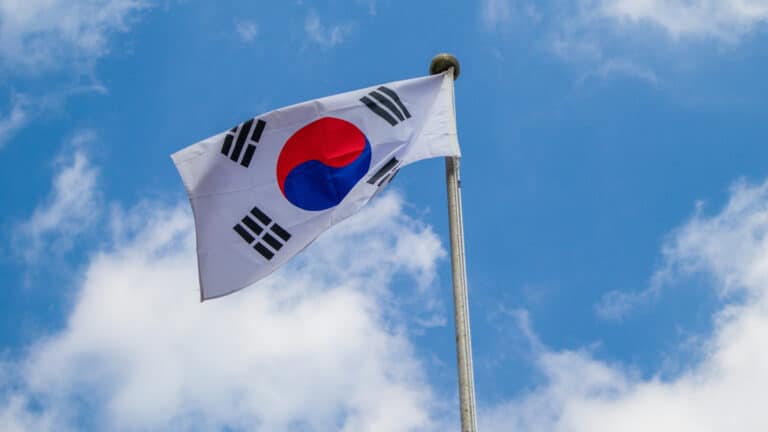
Tariffs for heat, water and electricity will increase by 10% to 30% on average in Kazakhstan this year. According to Minister of Energy Almasadam Satkaliyev, even though this decision is unpopular, people in Kazakhstan will see its benefits in the future.
What purpose will the additional funds be allocated for? The energy minister highlighted that the tariff increase is necessary for launching an overhaul of critical energy facilities. The government has already allocated $824.7 million, including $195.6 million for maintenance of the heating infrastructure and $634.7 million for an overhaul of the water supply and sewing infrastructure. In addition, the government has allocated $412.5 million for an overhaul of the 19 thermal power plants (TTP), which are in critical condition.
«The government has allocated quite a significant amount of money for the elimination of accidents at TPPs. Together with TPP owners, the government has financed maintenance programs at almost all critical energy facilities in the Mangistau region and towns of Ekibastuz, Pavlodar and Ridder,» the minister stated at a press briefing.
Satkaliyev believes that even though Kazakhstanis do not like the idea of utility tariffs increase, they will see benefits of the move in the future. For instance, thanks to higher tariffs the government will be able to improve critical infrastructure, expand its capacity and facilitate the growth of the country’s economy.
«The government is taking these unpopular measures because it realizes that the people of Kazakhstan will benefit from this in the future. It’s all about the sound use of energy resources. People should care more about different types of resources. More generally, it is going to facilitate the competitiveness of Kazakhstan’s economy,» Satkaliyev underlined.
In early July, Minister of National Economy Alibek Kuantyrov said that electricity prices would increase by 20% to 30% this month due to additional costs for maintenance of the power grid and TPPs and wage increases in the industry. As he noted, public entities will bear a large portion of this burden because they pay way more than regular consumers and individuals.
The first news about an increase in water and electricity bills this summer emerged in April. Apart from the necessity to repair the worn-out water supply and power grid infrastructure, it was important to increase wages in the industry; otherwise, nobody want to work there.













